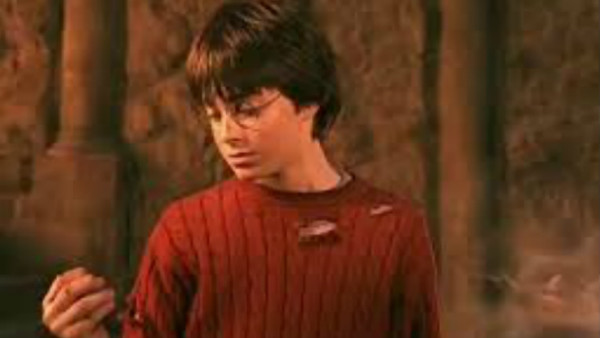Harry Potter: 10 Fascinating Hidden Meanings And Metaphors
Harry Potter And The Things You Totally Didn't Notice.

The world of Harry Potter has to be one of the most fascinating and multi-layered fictional universes ever portrayed in film; it's packed with dragons and wizards and spells and stories, and the most brilliant part of all? It exists right next to our world: any one of us could've woken up on our eleventh birthday to receive a letter from Hogwarts School of Witchcraft and Wizardry.
With such a richly vibrant society though, comes the meanings and imagery that we never pick up on. The wizarding world is rich and detailed, but it's completely made-up; there are messages and morals behind everything, and what we pick up on a first viewing is merely scratching the surface. Harry Potter is a franchise that forces its audience to think; there's symbolism and metaphor, and plenty to explore.
Here are ten fascinating hidden meanings within symbols, characters and moments in the Harry Potter series, and what they actually represent in the wider scheme of things.
10. The Philosopher's Stone Is The Forbidden Fruit

Harry Potter's a story with plenty of big ideas, from genocide to triumph, but there's perhaps no bigger theme in the franchise than death. It's an ever-constant, established from the very beginning - Harry's defined as a misfit orphan before discovering his magical heritage - and in the very first film, we're given a clear message that power is more of a burden than a gift.
The story revolves around the fated Philosopher's Stone and Voldemort's quest to gain eternal life. Like the forbidden fruit that Eve stole in the Bible, it's a small, round and red item that represents what humanity should never get their hands on; Dumbledore, a bearded, God-like figure, says as much, telling Harry that though the stone brings with it great wealth and eternal living, those are the two things that can ruin a person's life.
It becomes clear that even Nicolas Flamel - the man who created the stone - knows that the stone would one day have to be destroyed; true wisdom is not seeking the temptation to become powerful, it would seem, but knowing when to avoid it.